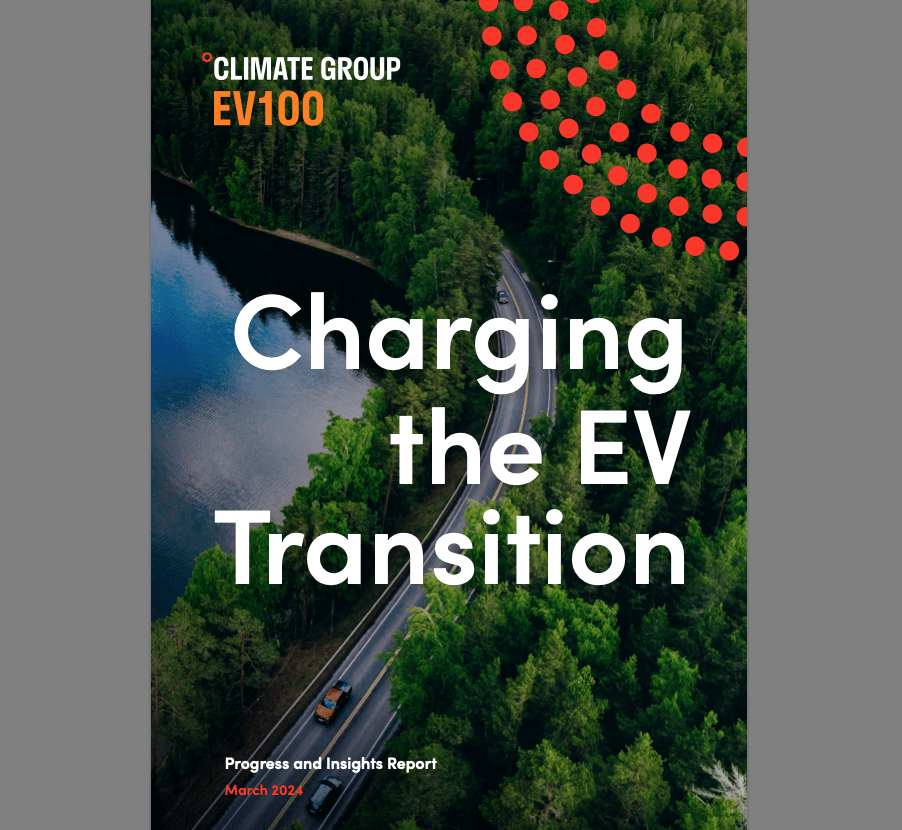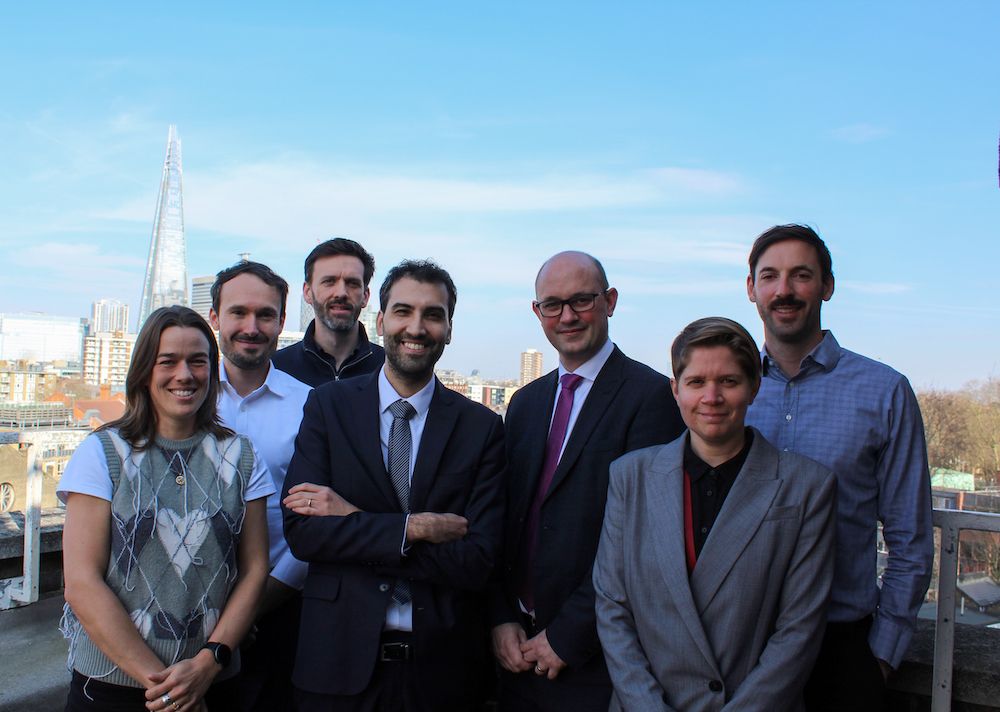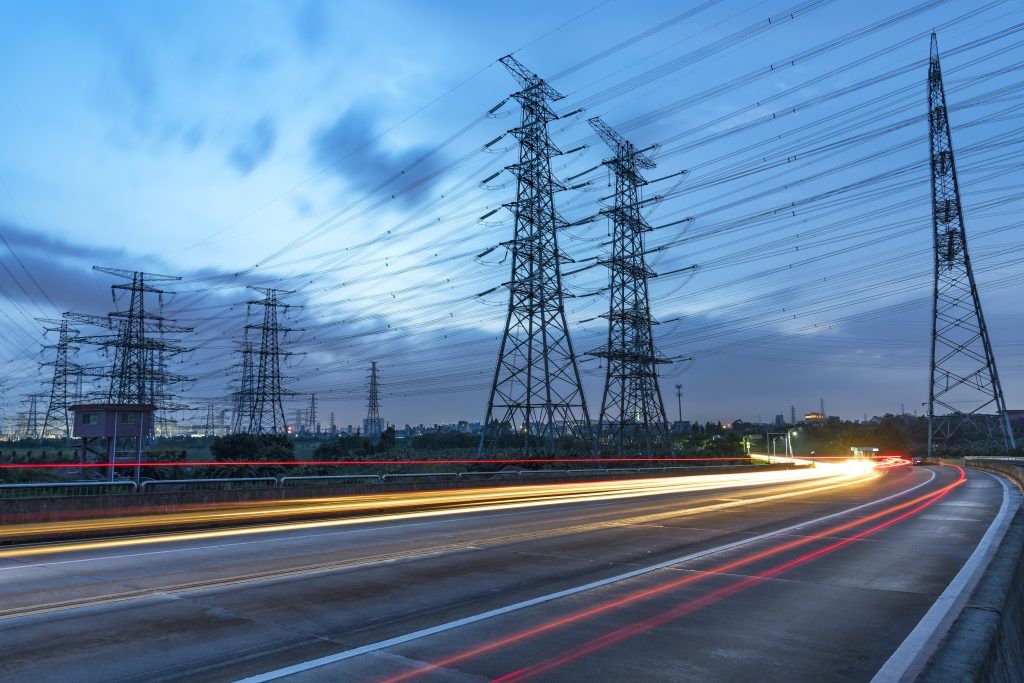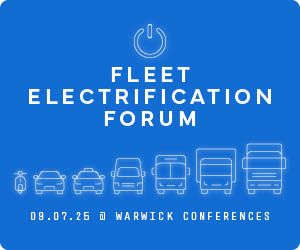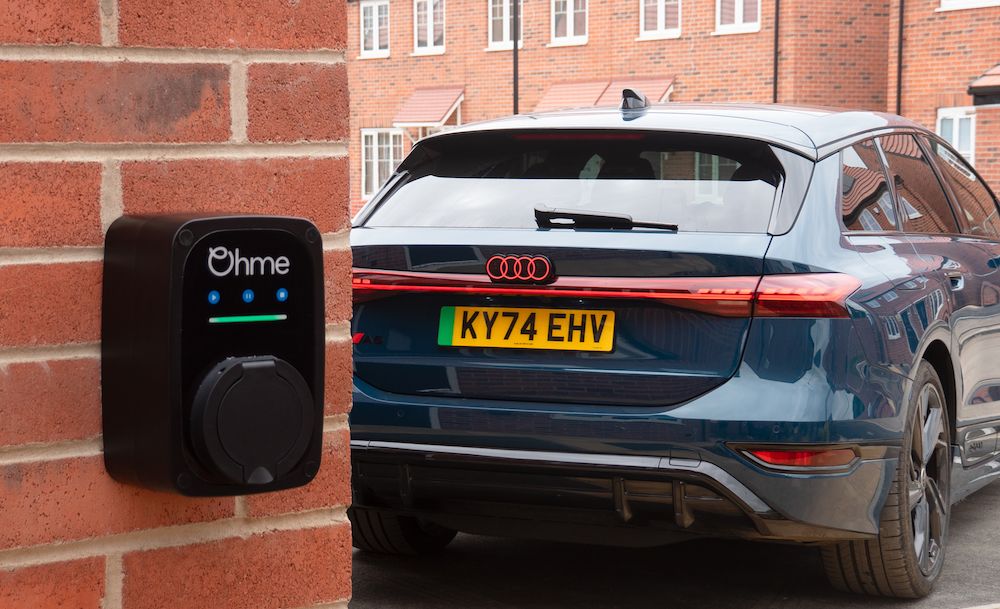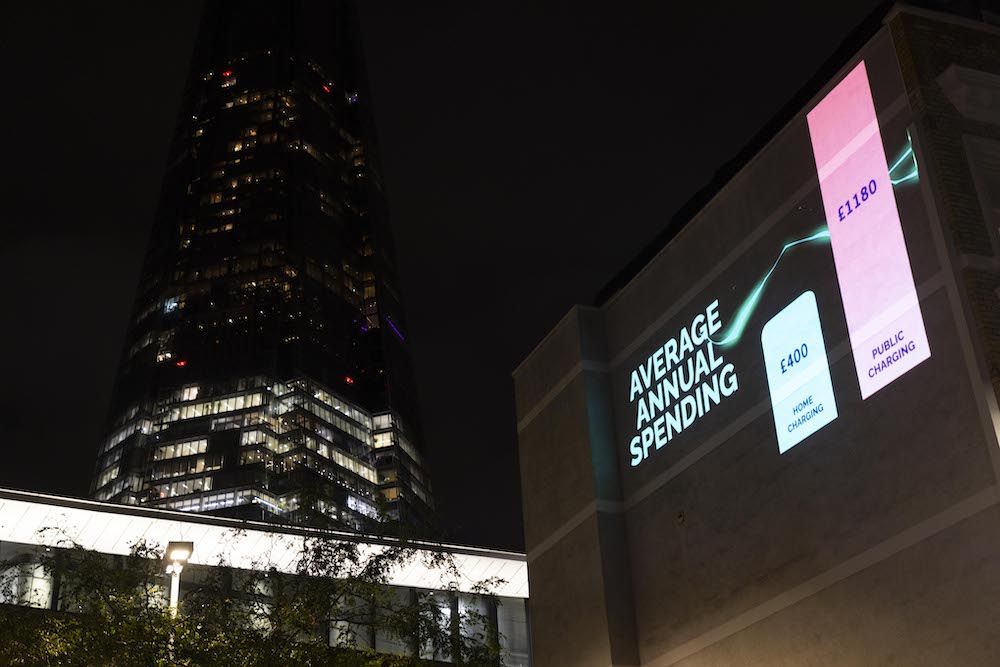Leading global businesses are boosting international demand for electric vehicles (EVs) by switching over 630,000 cars and vans to electric across 71 global markets, a new report released today (4th April 2024) can reveal.
The corporates are part of Climate Group’s EV100 initiative, which aims to drive the demand for EVs by getting some of the biggest fleet owners in the world to commit to the transition.
EV100’s ‘Charging the EV Transition’ report outlines that over the last 12 months, 231,000 vehicles were switched to EVs, a jump of 57% from last year, showing that the 128 EV100 members continue to match their ambition with action.
In a further sign of commitment to the future of road transport as electric, members of the corporate initiative have installed over 35,000 EV chargers at 3,442 different locations worldwide, with 5,000 coming online in the last year alone. This means over half of charging units the businesses have committed to installing are already operational.
EV100 members have committed to run 5.45 million EVs by 2030. To meet the scale and speed of their demand, Climate Group urges automakers to increase the variety and availability of affordable EVs for company fleets.
To speed up the transition, support from policymakers is vital, Climate Group said. Governments worldwide need to urgently build out public charging networks, and work in partnership with pioneering businesses who are already running EVs, to ensure investment in infrastructure is targeted at locations of greatest need.
Other measures, like clear phase-out dates for petrol and diesel vehicles and implementing measures such as zero emission vehicle (ZEV) mandates and CO2 standards, will further allow businesses to invest with confidence in fully electric options.
Now in its sixth year, EV100 has grown from an initial group of 10 businesses in 2017 to a group of 128 EV pioneers, continually raising their ambition on the way to going fully electric by 2030.
Sandra Roling, Director of Transport, Climate Group, says:
“Businesses continue to lead the EV charge. Year on year, we’re seeing more ambition and it’s translating into real change, with more EVs deployed in the last 12 months by EV100 members than across any other.
“Yet there’s more work to be done to make the transition truly global, despite our network spanning 71 countries already. We’re seeing ambition rapidly translate into action in leading countries where the right policy context has been created. But companies still face challenges in less advanced markets where EVs are difficult to obtain and charging infrastructure is lacking.”
Matt Helgeson, Head of Sustainability, Siemens USA, adds:
“We’re encouraged by the results of the Climate Group’s report and the progressive transition to electrified transportation. Along with our partners at EV100, Siemens has committed to electrify our fleet across the globe by 2030.
“With so many others setting similar goals there is a significant need to ensure the infrastructure is in place to support this transition, so we are also investing in manufacturing EV chargers and technologies to advance the future of accessible and interoperable electrified transport.”
Karen Pflug, Chief Sustainability Officer, Ingka Group (IKEA), adds:
“We strongly believe that switching to zero-emission deliveries is key to meet our customers’ needs as well as creating healthier and more sustainable communities. As we move towards our aim for all home deliveries to be made by zero-emission vehicles by 2025, we’re not only reducing emissions in our own operations, but partnering with organisations like EV100 to drive innovation, leadership, and advocate for change to accelerate the broader transition to zero-emission transport.
“Like many other companies we are facing some challenges on the way, but we are determined to be part of the solution and continue to work together with partners to show that transitioning to zero-emission transport is the way forward, even if we don’t yet have all the answers.”
Daniel Schneiders, Director, Climate Program, Bayer, adds:
“Bayer is an impact generator for sustainability. This is also reflected in our strategic approach to our global fleet; we aim to electrify our vehicles to fully electric where technically and commercially possible by 2029. EV100 is an important standard for us so that we can be measured externally by our words. We invite all companies to also join EV100.”
Screenshot of report cover.



